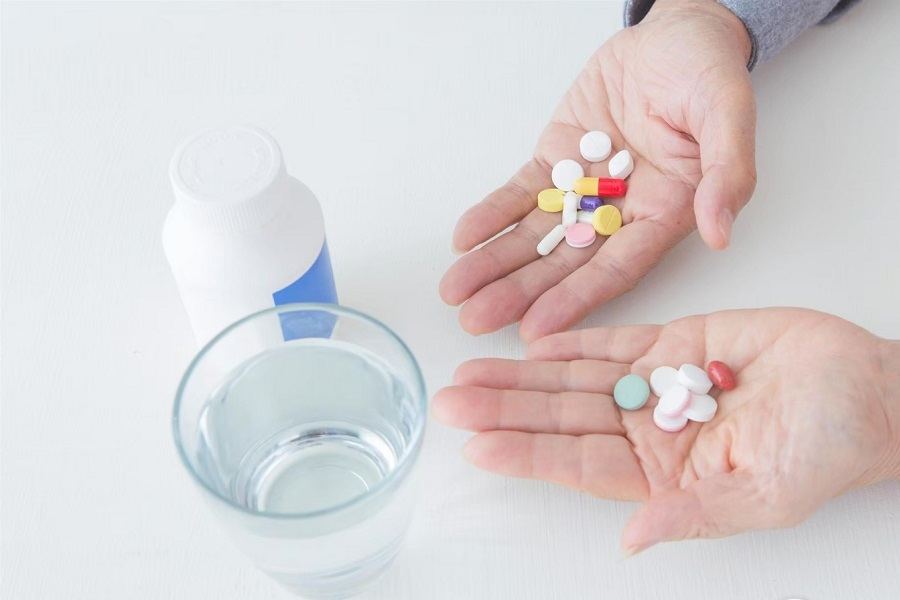Lifestyle interventions are preferred for weight loss, including reducing intake and increasing consumption. If weight control is not successful with lifestyle interventions, pharmacotherapy may be considered. This article summarizes the latest evidence on the benefits and harms of diet pills.
The researchers searched multiple databases for randomised controlled trials of weight-loss medication in overweight or obese adults included before March 23, 2021, and summarized the evidence through a frequency random-effects network meta-analysis.
Through search and screening, 143 trials were eligible for inclusion, covering a total of 49,810 subjects. With the exception of levocarnitine, all drugs successfully reduced body weight in subjects compared with lifestyle changes alone; all follow-up data refer to comparisons with lifestyle interventions.
Moderate-to-high-level evidence confirms that phentermine–topiramate is the most effective weight loss drug (odds ratio [OR] 8.02 for weight loss ≥5%, 95% CI 5.24-12.27; mean difference in percent weight loss [MD] ] -7.97, 95% CI -9.28~-6.66), followed by GLP-1 receptor agonists (OR 6.33, 95% CI 5.0-8.0; MD -5.76, 95% -6.3~-5.21). However, naltrexone–bupropion (OR 2.69), phentermine–topiramate (2.40), GLP-1 receptor agonists (OR 2.17), and orlistat (1.72) were associated with discontinuation associated with an increase in adverse drug events.
In post hoc analyses, semaglutide (a GLP-1 receptor agonist) was more likely to reduce body weight by 5% or more than other drugs at the same risk of adverse events.
In conclusion, in overweight and obese adults, phentermine-topiramate and GLP-1 receptor agonists proved to be the best weight loss drugs; among GLP-1 agonists, semaglutide may be the most effective of.
Tips: For more information on: drug weight loss, bariatric surgery, liposuction to lose weight, please pay attention to: gtehy.com, which provides you with comprehensive and professional weight loss plan for men, vegetarian weight loss plan, weight loss supplements and so on.


